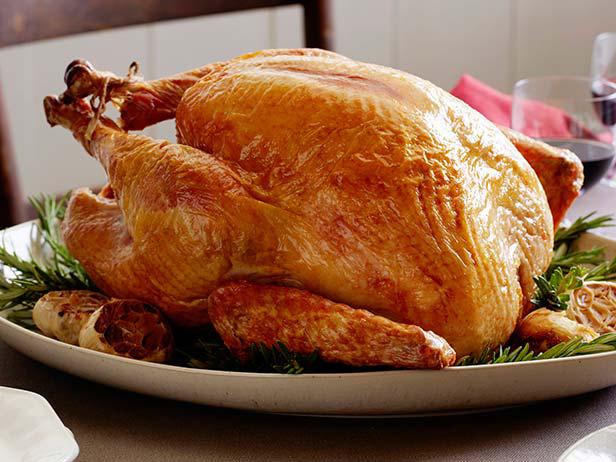
Source: The Global Beauty
Nicole Kell
As finals season approaches, many students are beginning to feel anxious as these tests can make or break their grade in a class. It is often recommended people use lavender for calm with the rationale that the lavender some essential oils possess promotes relaxation. A few studies support the anxiety-reducing effects of lavender.
The effect of lavender is posited to be due to the scent stimulating calming messages to the limbic system. Lavender is not the only scent to have this effect. Lavender scent can be placed on the wrists, on the tips of your hair, in a diffuser, in the bath, and on your pillow. In 2005, a study published in Physiology & Behavior observed 200 people who breathed the scent of lavender while waiting for dental treatment and experienced an increase in mood and a decrease in anxiety.
Several papers published in Phytomedicine (a relatively low tier journal that addresses the alternative medicine realm of herbalism) in 2012 suggest that the consumption of lavender oil as a dietary supplement is another way that lavender can be helpful with symptoms of major stress and anxiety. There were decreases in blood pressure, heart rate and skin temperature, and autonomic arousal. There is no evidence that lavender oil supplements are better than simulated lavender oil supplements (i.e. placebo), which is a key step since a lot of our comfort, capability, and calm is part of our own physiology.
Using lavender for calming now and then is one thing. But if you find yourself using it a lot, there are more effective ways to manage substantial anxiety using various types of mindset training (variations of cognitive behavioral therapy). Sometimes prescription medication from a mental-health-professional is helpful.
https://www.verywellmind.com/lavender-for-less-anxiety-3571767
https://www.medicalnewstoday.com/articles/323422.php
https://www.netdoctor.co.uk/healthy-living/wellbeing/a26737/lavender-pills-anxiety/
https://www.themiracleofessentialoils.com/where-to-put-lavender-oil-for-anxiety/

